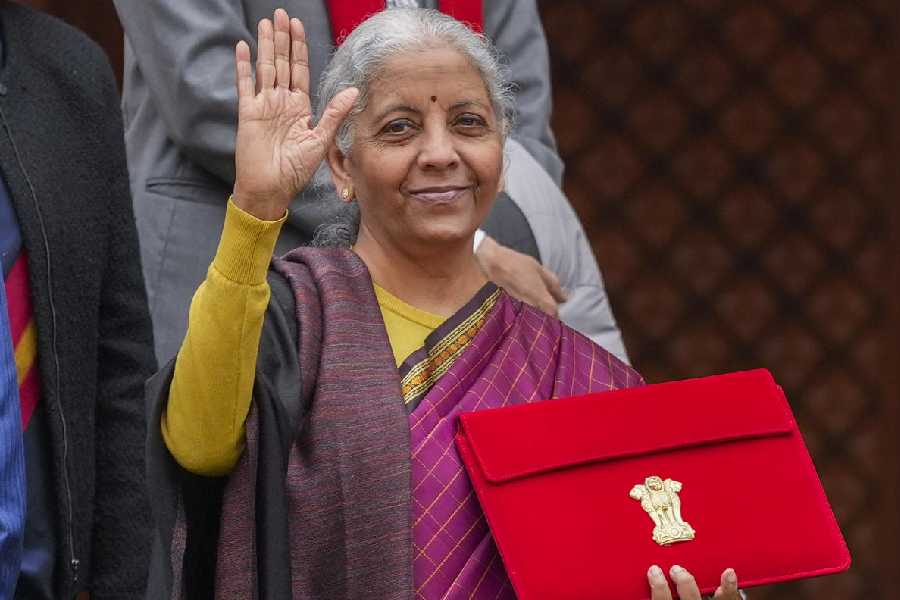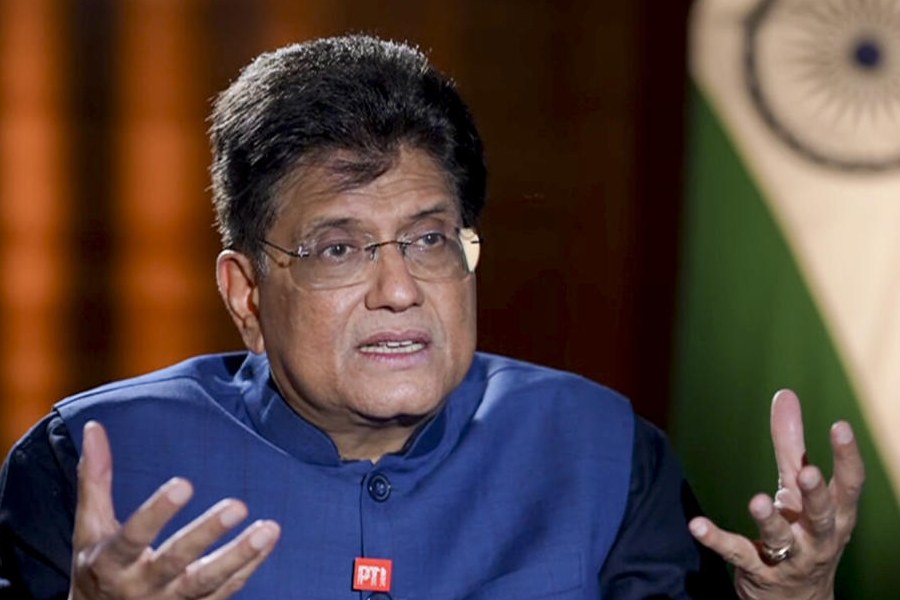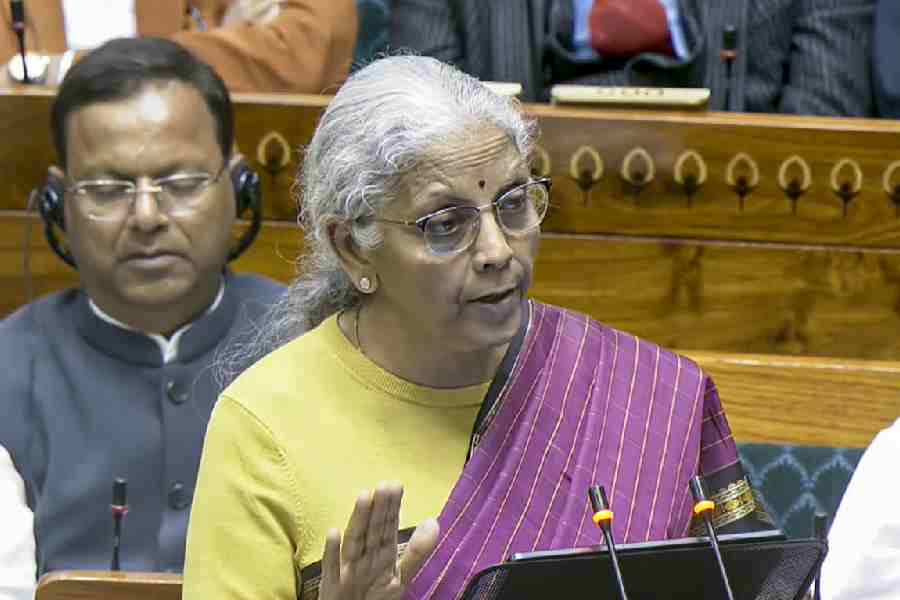 |
| An almost deserted theatre in the city. Picture by Eastern Projections |
Guwahati, Feb. 6: The truth is out. It is not a militant ban on Hindi cinema but the poor condition of halls in Assam that is prompting people to watch films on video rather than the big screen.
Nearly eight decades after Assam?s first cinema hall was set up in Nagaon, a first-of-its-kind survey on cinemas has busted the myth about cineastes staying away from halls because of the Ulfa ban on screening Bollywood fare.
Conducted by the Assam Institute of Management (AIM), the survey covered all 140 registered halls in the state. Only half of these halls are now functional.
The banned Ulfa?s ban on screening Hindi films took effect a couple of years ago and, until the survey was conducted, the industry would blame the diktat for its declining fortunes.
?The survey has shown that the Ulfa-imposed ban had only a temporary effect. Exhibitors should focus on renovation and modernisation of halls for the crowds to return,? AIM director Shantikam Hazarika said.
The most interesting part of the survey is that it was initiated by a grandchild of Kasi Bihani, the businessman who opened the state?s first film theatre, Krishna Talkies, in 1930. Like his grandfather, Nitin Bihani pioneered the move to rescue the film industry from the doldrums by entrusting the AIM to conduct the study on the Feasibility and Revival of the Film Exhibition Business in Assam.
The Bihanis still own six cinema halls. Apart from Krishna Talkies in Nagaon, the family manages Apsara in Guwahati, another Krishna Talkies in Hojai, Bharati in Lanka, Sri Radha in Lumding and Chitralekha in Golaghat.
Hazarika said one of the recommendations based on the study was that the government should provide subsidies to exhibitors for modernisation of halls. ?Instead of directly switching to multiplexes, which is an expensive proposition, halls should be renovated.?
He said the survey report indicated that the struggling industry could still recover.
?There lies a large unexplored market for film distribution and the industry can regain its past glory as audiences are eager to watch films in the theatre if the facilities are good,? Hazarika said, quoting from the report.
Nitin Bihani, who had recently downed the shutters on Urvashi in Golaghat, said: ?As everybody knows, hall owners have been accumulating losses over the past few years. We approached AIM to do a study on the feasibility of revival of theatre halls and are happy to know that the film exhibition business still has good prospects. We are ready to do the needful to revive our halls.?
Contrary to popular belief, the report indicates that security has never been a factor. ?Diktats issued by militant groups were a temporary deterrent. The business first suffered when the government imposed 100 per cent amusement tax. Instead of looking at the industry as a source of revenue, the government should rescue it by appointing a special taskforce for its revival,? Hazarika said.
The AIM director said one of the reasons for the vibrancy of the film exhibition business in south India was the low rate ? 30 per cent ? of amusement tax.
The decline of the exhibition business in Assam has had an impact on filmmaking, too. From about 23 films a year almost five years ago, the number of new releases went down to nine last year. Worse still, most of these films did not do well at the box office.
National award-winner Bidyut Chakraborty said the AIM?s recommendations were worth following to save the industry from plunging deeper into the abyss.











